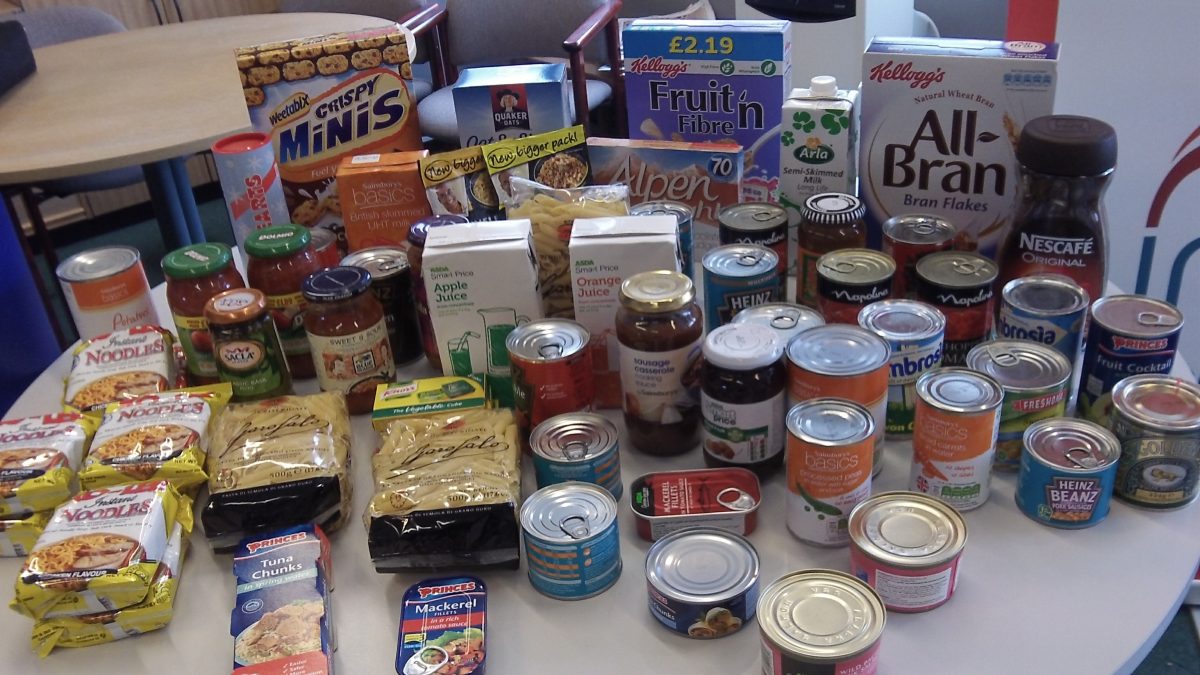When workers cannot afford to eat
A new report has revealed that demand for food banks has soared – thanks to low pay and zero-hours contracts.
The TUC study says a record number of families are existing on emergency food hand-outs – a condemning denunciation of David Cameron’s Britain.
Food bank provider the Trussell Trust has backed the report, which exposes a shocking 913,138 people used food banks last year up from 128,697 in 2012 – despite the economic recovery.
Trussell Trust chief executive David McAuley, whose charity runs 420 food banks, said, “Food bank use is not rising because people are taking advantage of free food, it’s rising because people are facing situations where they cannot afford to eat.”
Human cost of low pay
“The Tory led coalition has continually bragged about making work pay. But try telling that to the families who have seen the biggest squeeze in living standards since the Victorian era,” said Steve Turner, Unite assistant general secretary.
The TUC says that by 2017 working families will have suffered a ÂŁ17.6bn a year loss of social security support, mainly in tax credits and child benefit.
“The squeeze continues leaving ordinary people bewildered at the self-congratulatory tone of the government that has presided over the growing shame of food bank Britain,” added Steve.    Nearly 900,000 of Britain’s young people are still on the dole and over a million people want to work full-time, but are forced to work part-time as the world of zero hours and insecure work takes a firm hold.
Richard Gates, a Unite official based in Luton has seen first-hand the struggles of working families and decided to do something about it.
“Getting involved seemed like the right thing to do,” he said.
“We visited our local food bank, got to know the people running it and found out what sort of items people really needed,” he added.
A drop off point was set up at the regional office and an email sent out to members asking them to buy an extra item in their weekly food shop and drop it off at the office.
“Each time we have a group of activists coming in for something like a training event we ask them in advance if they can bring a donation for the food bank with them. We’re getting enough donations for the local food bank to come and collect our items once a fortnight.”
Local branches have also set up direct debits to help fund the local food bank.
Food banks – not the solution?
“For millions, their experience of work is that of an insecure, hand-to-mouth existence on low wages, with over a million more earning below the â€living wage’ than when the Tory-led government came to power in 2010,” said Steve.
“We need to give people dignity and put money in their pockets with decent jobs that pay decent wages. While food banks are a lifeline for struggling families the truth is they shouldn’t be struggling like this in the first place,” he added.
 Like
Like Follow
Follow



